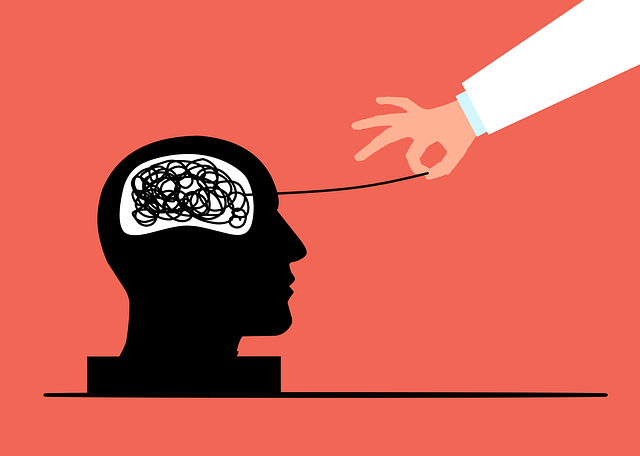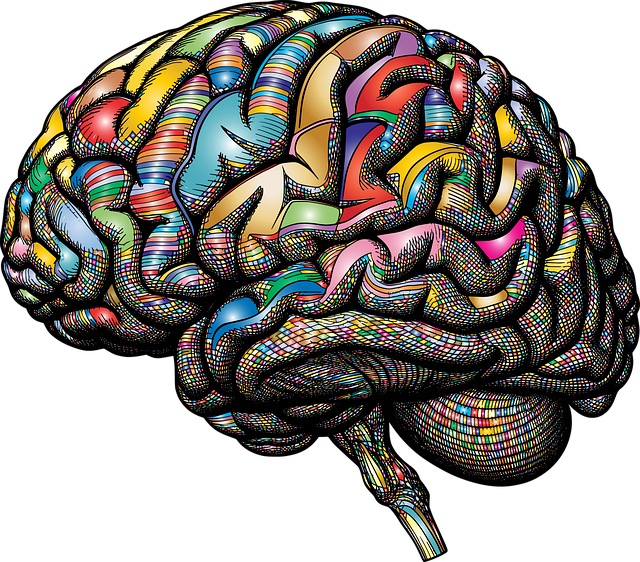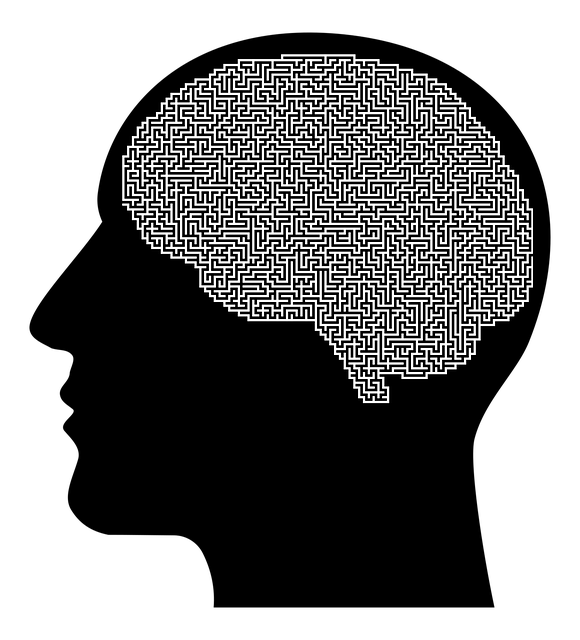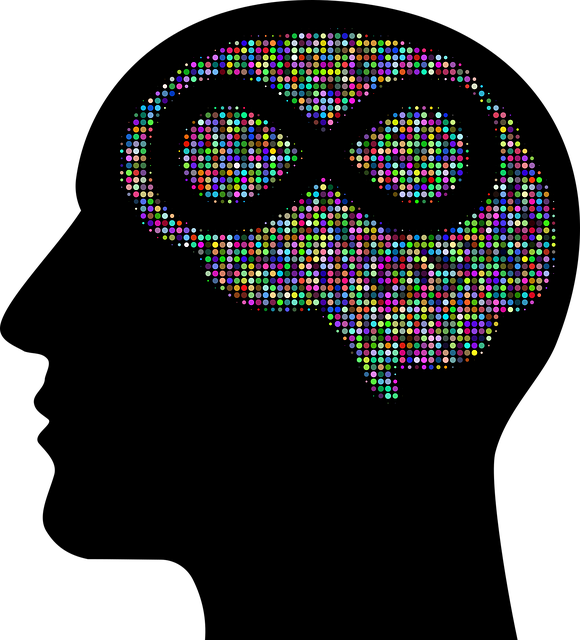Mental wellness self-assessment tools are vital for navigating modern emotional challenges, offering structured guidance on stress management, resilience, and self-care. Services like Boulder Grief Counseling Therapy utilize these assessments as a first step towards professional help, promoting self-awareness and enhancing self-esteem through improved coping mechanisms. Designing such tools requires a sensitive, evidence-based approach, integrating CBT and mindfulness techniques for personalized strategies, especially when addressing grief and loss. Regular updates based on user feedback and expert reviews ensure their effectiveness and adaptability, making them valuable resources for mental wellness support, aligning with the principles of Mind Over Matter.
Mental wellness self-assessment tools play a pivotal role in empowering individuals to take charge of their psychological well-being. This article explores the development of such tools, focusing on the specific needs and benefits of Boulder Grief Counseling Therapy (BGCT). We’ll delve into the design considerations for effective assessments, implementation strategies to ensure accuracy and enhance user experience, and how BGCT integrates self-assessments into therapeutic practices, yielding positive outcomes for clients.
- Understanding Mental Wellness Self-Assessment: The Need and Benefits
- Designing Effective Tools: Considerations for Boulder Grief Counseling Therapy
- Implementation and Evaluation: Ensuring Accuracy and User Experience
- Integrating Self-Assessment into Therapy Practice: Strategies and Outcomes
Understanding Mental Wellness Self-Assessment: The Need and Benefits

Mental wellness self-assessment tools play a pivotal role in empowering individuals to take charge of their emotional well-being. In today’s fast-paced world, where stress and mental health challenges are prevalent, these assessments offer a valuable starting point for personal growth and self-discovery. By providing structured guidance, they help users gain insights into various aspects of their mental wellness, such as stress management, emotional resilience, and self-care practices.
For those seeking support, like those who might benefit from Boulder Grief Counseling Therapy or Trauma Support Services, these tools serve as a stepping stone to professional help. They encourage individuals to reflect on their thoughts, feelings, and behaviors, fostering self-awareness. This proactive approach can lead to improved self-esteem and better coping mechanisms. Moreover, integrating mental wellness into daily routines, as suggested in the Mental Wellness Podcast Series Production, becomes more manageable when individuals have a clearer understanding of their current state through self-assessment.
Designing Effective Tools: Considerations for Boulder Grief Counseling Therapy

Designing effective self-assessment tools for mental wellness requires a deep understanding of the specific therapeutic needs, such as those presented by Boulder Grief Counseling Therapy. These tools must be meticulously crafted to cater to the unique challenges faced by individuals dealing with grief and loss. One key consideration is integrating evidence-based practices that have proven successful in trauma support services. By incorporating techniques from cognitive-behavioral therapy (CBT) or mindfulness practices, self-assessment tools can effectively guide users through coping mechanisms tailored to their personal experiences.
Additionally, cultural sensitivity in mental healthcare practice should be a central design principle. Recognizing and accommodating diverse cultural backgrounds ensures that the assessment accurately reflects an individual’s emotional state without bias. This aspect is crucial for building trust and encouraging honest self-reflection. Moreover, risk management planning for mental health professionals can be seamlessly integrated into these tools to promote safe and supportive environments, enabling practitioners to identify potential risks and provide timely interventions during assessments.
Implementation and Evaluation: Ensuring Accuracy and User Experience

Implementing a self-assessment tool for mental wellness requires careful consideration to ensure its accuracy and effectiveness. At centers like Boulder Grief Counseling Therapy, developers must prioritize user experience, ensuring the tool is intuitive, accessible, and non-intrusive. This involves employing evidence-based methods such as Anxiety Relief techniques, Mindfulness Meditation practices, and Compassion Cultivation, which have shown promise in improving mental health outcomes.
Evaluation should be multi-faceted, incorporating user feedback, clinical expert reviews, and statistical analysis to validate the tool’s reliability and validity. Regular updates and revisions based on this data will enhance the tool’s precision and adaptability to evolving mental wellness needs, making it a valuable resource for individuals seeking support.
Integrating Self-Assessment into Therapy Practice: Strategies and Outcomes

Incorporating self-assessment into therapy practice is a powerful strategy that empowers individuals to take an active role in their mental wellness journey. At Boulder Grief Counseling Therapy, we recognize the significance of self-care practices in fostering resilience and promoting emotional well-being. By integrating self-assessment tools, therapists can provide personalized guidance, enabling clients to develop effective coping mechanisms tailored to their unique needs. This approach not only enhances therapeutic outcomes but also encourages individuals to adopt lifelong Self-Care Routine Development for Better Mental Health.
The process involves guiding clients through introspective exercises that explore their thoughts, feelings, and behaviors. These assessments can range from simple questionnaires to in-depth reflections, helping individuals identify triggers, emotional patterns, and areas requiring support. Through this self-discovery, clients gain valuable insights, fostering a deeper understanding of themselves. The outcome is often increased self-awareness, improved coping strategies, and enhanced overall mental wellness—all essential components of Mind Over Matter principles.
Mental wellness self-assessment tools, such as those tailored for Boulder Grief Counseling Therapy, are valuable resources that empower individuals to take an active role in their mental health. By providing a structured yet flexible framework, these tools facilitate early detection of potential issues and promote proactive management. Through rigorous design, implementation, and evaluation processes, therapists can ensure accuracy, cultural sensitivity, and user-friendliness, fostering a positive impact on client outcomes and overall community mental wellness.











